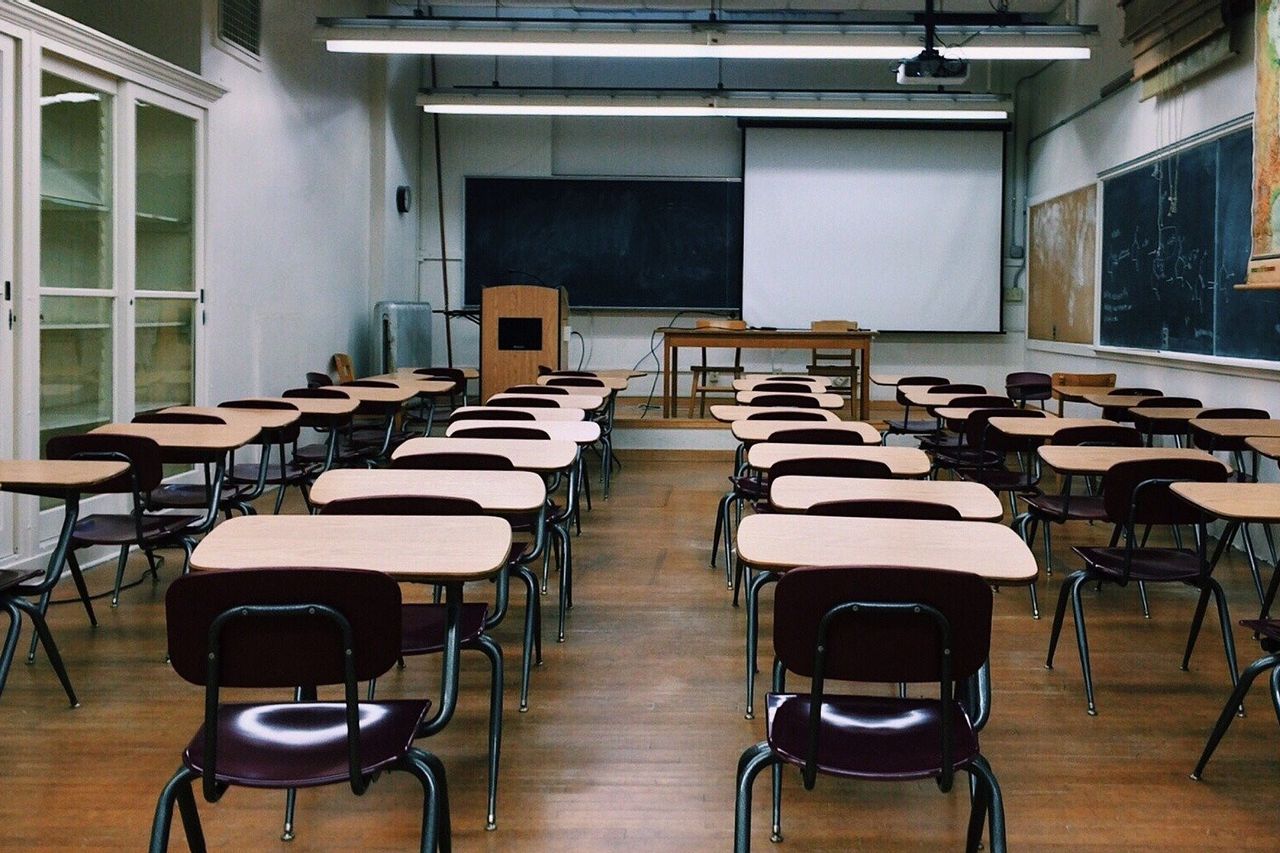A Number Of Things The Government Should Pay Attention To Before Starting Distance Or Hybrid Learning

JAKARTA - Minister of Education and Culture (Mendikbud) Nadiem Makarim said distance learning will become permanent after the COVID-19 pandemic. Recently, the Director General of Teachers and Education Personnel of the Ministry of Education and Culture, Iwan Syahril, explained that face-to-face learning is not eliminated but is collaborated with online or hybrid learning. This is because the government wants online learning to continue even though the pandemic has ended.
Responding to the government's desire to maintain distance learning or implement a hybrid system, education observer Edy Suandi Hamid assessed that there are several things that must be resolved first by the government. One of them is the internet anywhere. Including, in areas deemed to be blankspots or areas that have not been touched by the internet network.
"The government must gradually minimize the blank spots so that internet access can be used anywhere," said Edy when contacted by VOI, Monday, July 6.
In addition, the government was asked to provide free internet access in a number of places. Given, in distance learning the existence of an internet connection is a must. This, he said, was needed to answer the objections of parents in buying internet packages.
Furthermore, Edy said the government should pay attention to the issue of education costs. Supposedly, by utilizing distance learning, there is a reduction in school fees charged to parents of students.
Meanwhile, to prepare educators, he assessed that the Ministry of Education and Culture needs to carry out continuous socialization and training so that all teachers are ready. "Infrastructure must also be prepared. So that students can access the online teaching," said Edy.
He said, without the COVID-19 pandemic, actually learning with a hybrid system or combining two methods, namely online and conventional, would have happened and could not be avoided. Moreover, according to him, nowadays it is increasingly sophisticated.
However, this pandemic is thought to speed up the process and force everyone in the education sector to become accustomed to activities being carried out online. Including in terms of learning. So, it is natural that many things have not been prepared such as curricula, modules, and learning aids.
"This is because the situation occurs suddenly. So in the future, the hybrid method must be properly prepared. So that students and teachers are ready with technology and independent learning. Teachers also of course have to prepare modules, teaching aids, and teaching methods. good, "he said.
The polemic regarding distance learning begins with the statement of the Minister of Education and Culture Nadiem Makarim. According to him, distance learning can be applied permanently after the COVID-19 pandemic ends. Moreover, the Ministry of Education and Culture sees that teaching and learning activities by utilizing technology will be fundamental.
"Distance learning will become permanent. Not just pure distance learning. But a hybrid model. Adaptation of technology will not come back again," said Nadiem during a working meeting with Commission X DPR RI, last Thursday, July 3.
At different times, the Director General of Teachers and Education Personnel of the Ministry of Education and Culture, Iwan Syahril, then explained further Nadiem's polemic statement.
"It is not permanent, it can be graded, 10 percent online, 90 percent face-to-face or vice versa. It depends on schools, such as flip learning, homework can be done at school, just discuss at school," said Iwan in a webinar, Monday, July 6.
According to Iwan, the application of this learning system should be an advancement in the Indonesian education sector. Especially now that the world is entering an era of technological disruption. So hopefully, with this technology teachers will be easier to teach their students and more productive.
He also asked that anxiety over technology should be eliminated. Because, so far, anxiety about technology has become a barrier to the progress of the education ecosystem in Indonesia. "So this is a permanent commitment that we provide various kinds of learning platforms both online and offline so that teachers can teach actively, dynamically and effectively," he concluded.
